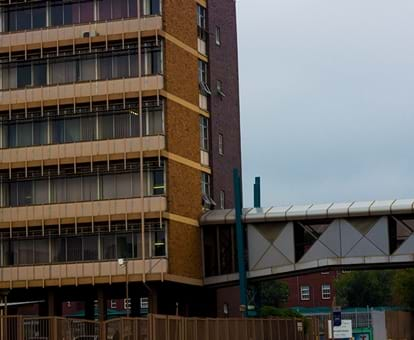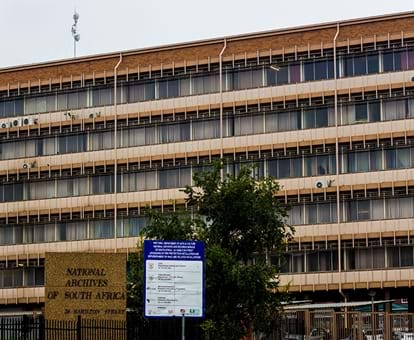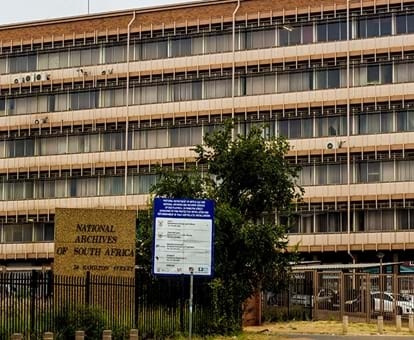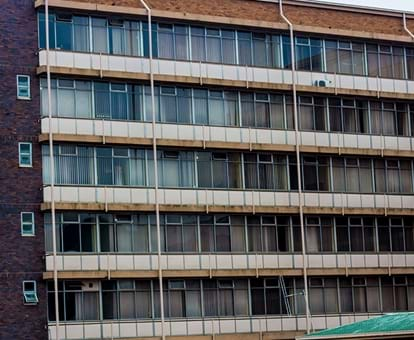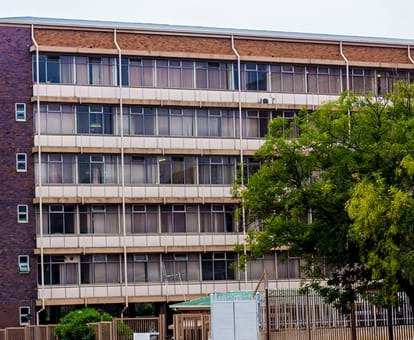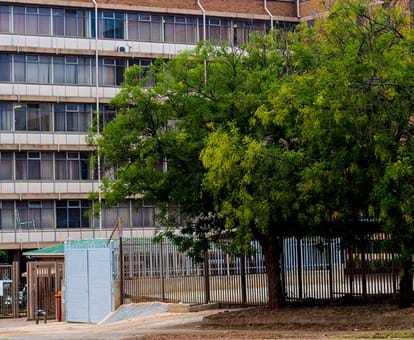By creating an account, I agree to the
Terms of service and Privacy policy
Choose your country and language:
Africa
Americas
Asia Pacific
Europe
TThe National Archives and Records Service of South Africa was established by declaration of the National Archives and Records Service of South Africa Act (Act No 43 of 1996 as amended). This piece of legislation transformed the former State Archives Service into a National Archives and Records Service. Their mission, functions and structures mirrors the South African democratic political order and imperatives, and is to foster a national identity and the protection of rights.
The Nelson Mandela Foundation, and Mandela himself in a recorded message, stressed the importance of archives and memory in taking the country from its past into its future. The National Archives should be our leading depository of material relating to the past. He further added that that the national archives should be our go to repository of all history related material.
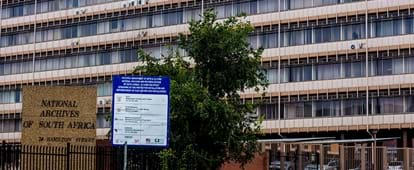
CCurrently the NAR houses archival records on South Africa's history dating back to the year 1829. This material can be divided into the period of the Zuid_Afrikaanche Republiek (ZAR), 1829 - 1900, the Transvaal Colony period, 1900 - 1910, the Transvaal Province period, 1910 - 1994 and National Government records from 1910 onwards. Many of these recordings relate to the political trials that happened during the apartheid regime.
South African National archives
TThe Rivonia Trial, one of the most significant political trials in South African history, led to a life sentence for former president Nelson Mandela. At the trial (1963-1964), Mandela was sentenced together with fellow freedom-fighters Walter Sisulu, Govan Mbeki, Raymond Mhlaba, Elias Motsoaledi, Denis Goldberg, Andrew Mlangeni and Ahmed Kathrada. They were all accused of trying to overthrow the apartheid state. During the trial, the proceedings were recorded on 591 dictabelts. (Dictabelts are analogue audio recordings invented in 1947 and discontinued in the 1980’s).
TThe National Archives Reading Room is open for public use, Monday to Friday from 08:00 to 16:00 and on the first Saturday of each month excluding January. Archival records consist of public records and non-public records. Public records are created by government, government departments and organizations in the course of performing their functions. Non-public records are private records and papers created by private individuals and donated to the Archives Repository. Although access to archival documentation is free of charge, the public is charged for the reproduction of material for further use; either on film or paper. Publications are sold.
Related Articles

|Terms and conditions|Disclaimer|Privacy policy|Social Media Terms and Conditions|Competition Terms and Conditions
